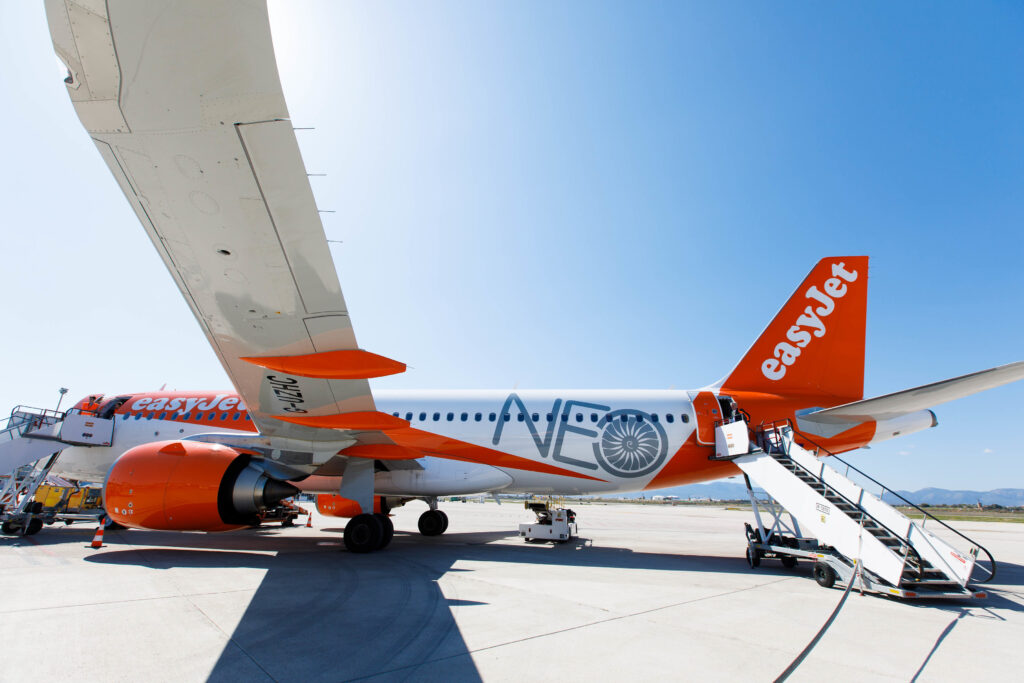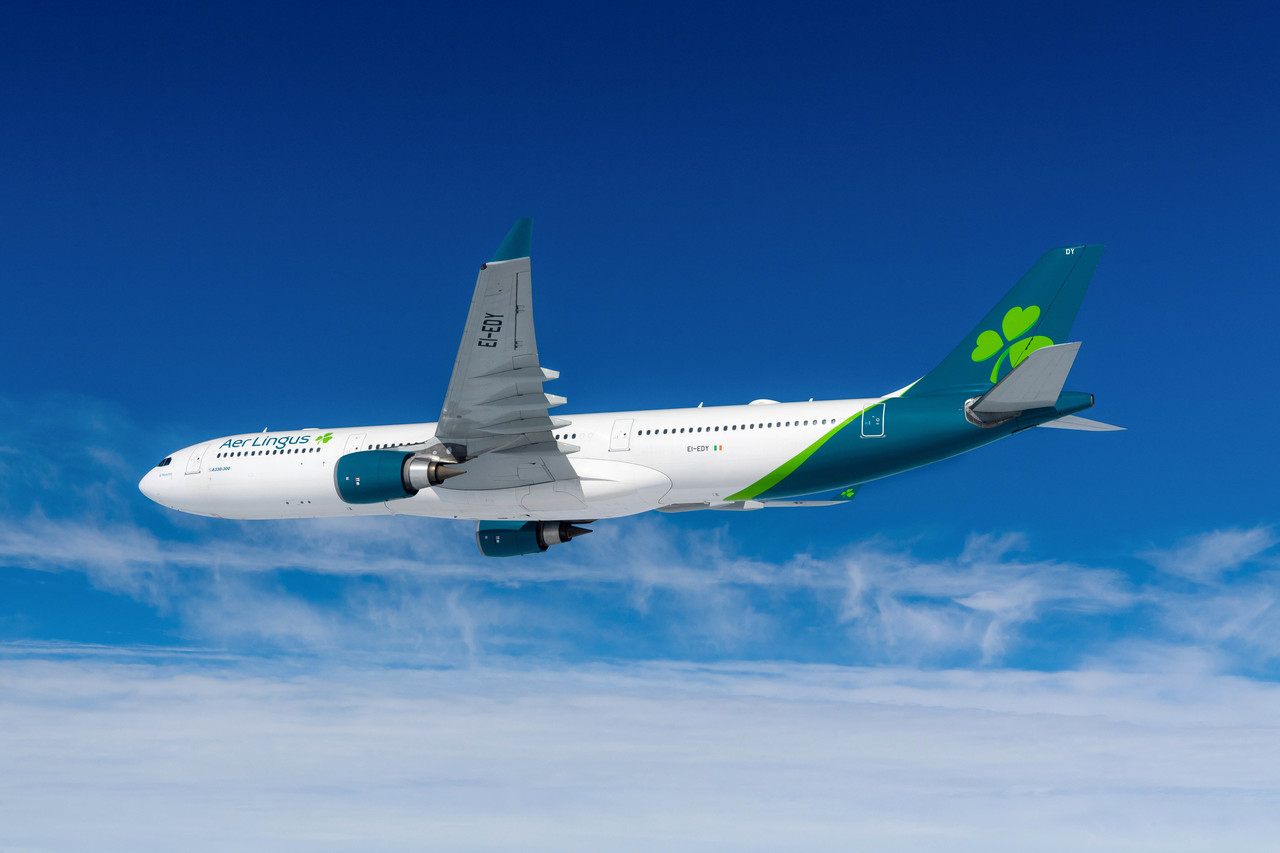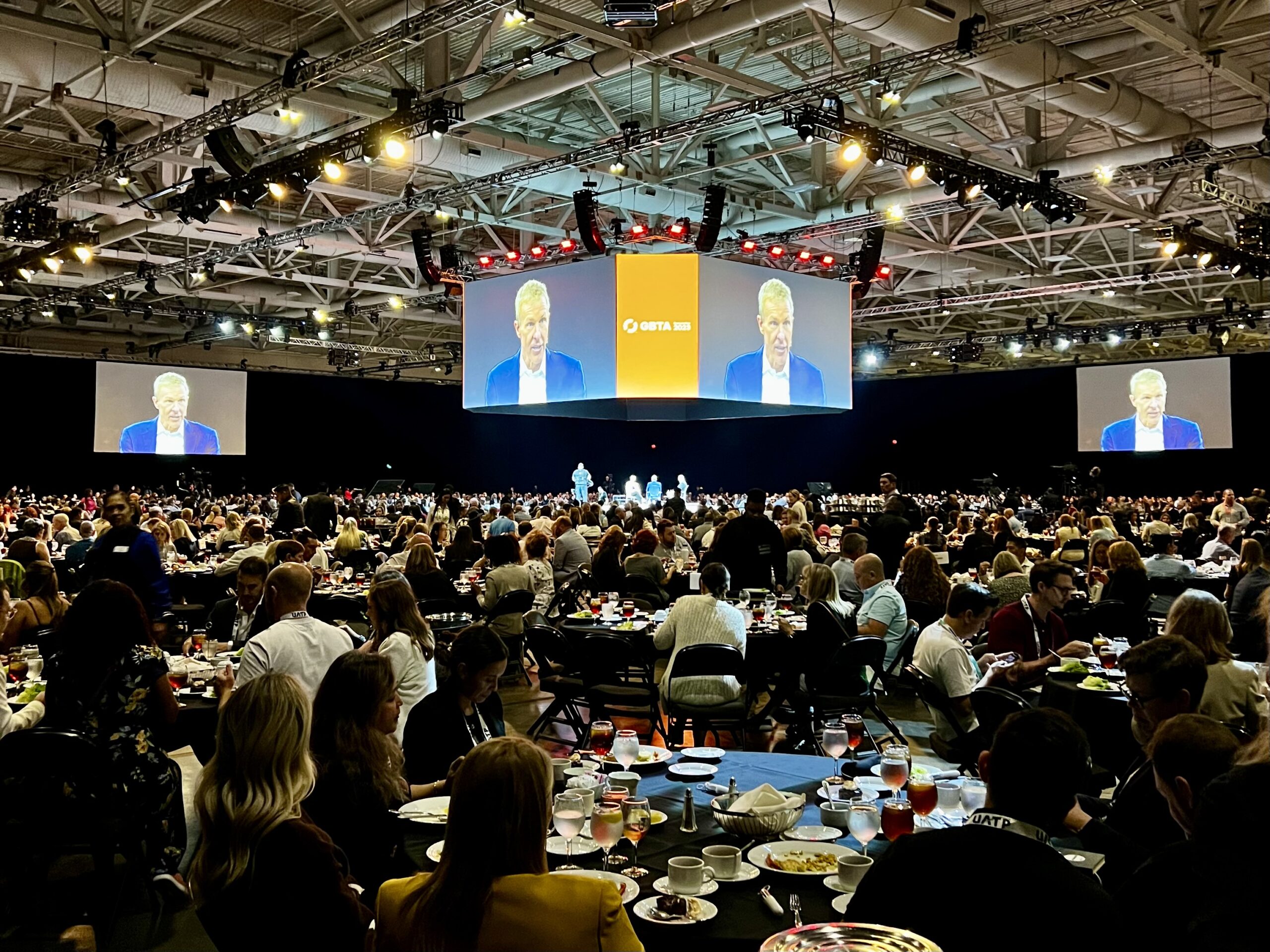easyJet Places Record $19.9 Billion Airbus Order to Fuel Growth
The low-cost carrier has placed an order with Airbus for 57 A320-family planes after posting record-breaking profits for summer 2023
by Lauren Smith
October 13, 2023

Photo: Courtesy of easyJet
British low-cost carrier easyJet has placed its largest-ever aircraft order valued at $19.9 billion with Airbus to capitalize on a travel boom and secure scarce delivery slots after a bumper summer.
The order stands for 57 Airbus A320-family planes, which includes 56 A320neos and 101 A321neos.
The delivery of these aircraft is scheduled between 2029 and 2034. Additionally, EasyJet has the option to purchase an additional 100 planes.

Photo: Courtesy of easyJet
EasyJet’s fleet consists entirely of A320 family aircraft, single-aisle, short or medium-range planes ideal for its network of short-haul European destinations. While the airline’s fleet is still relatively young, some of its 333 jets are due for retirement over the next decade. With supply chain issues delaying aircraft delivery, especially for narrowbody jets, EasyJet was eager to get its orders in now.
“It’s been known now for some time that there is a difficulty to get slots,” easyJet chief executive Johan Lundgren said. “We did a very thorough process, as you can imagine. It’s taken over 12 months to get to the stage where we are today.”
Despite easyJet’s association with Airbus, Lundgren said the carrier had conversations with Boeing as it tried to secure planes. Both aircraft manufacturers have said that delivery slots for narrowbody jets are extremely limited until the end of the decade.
With the new orders, EasyJet is also anticipating growth and looking to economize on fuel. Including the new orders and anticipated retirements, EasyJet could fly an estimated 390 aircraft in 2034. And many of those planes will be larger than those EasyJet operates today.

Photo: Courtesy of easyJet
The oldest planes in easyJet’s hangars, and the ones closest to retirement, are 54 Airbus A319s, which have 156 seats. The 101 A321neos easyJet has ordered comes with 235 seats and such high efficiency they burn around as much fuel as smaller planes.
By committing to larger aircraft, EasyJet responds to surging travel demand and increased congestion at European airports. The carrier has also changed 35 of its earlier orders for the 174-seat A320 neo into orders for the larger A321neo model.
Overall, EasyJet’s new planes will be 13% to 30% more efficient than the planes they replace, depending on the model.
“[The orders] will enable easyJet’s fleet modernization and growth to continue . . . while providing substantial benefits including cost efficiencies and sustainability improvements,” said Lundgren.
Order pending approval
EasyJet’s shareholders, including founder Stelios Haji-Ioannou, who owns a 15% stake in the company and has previously questioned the airline’s need for new planes, must approve the massive order.
Meanwhile, EasyJet has indicated that it will resume paying shareholder dividends early next year after a record-breaking summer.
The budget airline expects its pre-tax profit from July to September will be between £650 million and £670m ($794m – $819m). With losses earlier in the year, the airline anticipates its full-year pre-tax profit will be between £440m and £460m ($509m – $532m).

Photo: Courtesy of easyJet
The windfall has been driven by an 8% increase in passenger numbers compared to the summer of 2022. EasyJet planes were 92% complete over the summer, with an average of 15 seats empty on an Airbus A320 flight.
Ticket prices were also up by 9% compared to the previous summer, with EasyJet’s average basic one-way fare rising by £5 ($6) to £69 ($84).
EasyJet also raked in cash through its package vacation business, EasyJet Holidays, which it said: “continues to outperform.”
Lundgren said: “We have delivered a record summer with solid demand for easyJet’s flights and holidays, with customers choosing us for our network, value and service.
“This performance has demonstrated that our strategy is achieving results, and so today, we have set out an ambitious roadmap to serve more customers and deliver attractive shareholder returns, underpinned by a continued focus on costs and operational excellence,” he added.
EasyJet is now targeting annual profits of £1 billion ($1.22 billion), a goal it says it will meet by operating larger aircraft, growing EasyJet Holidays, and reducing losses in the winter.
Lundgren said bookings for the winter were healthy but acknowledged that the airline may need to stimulate demand outside of peak school breaks with discounts.



